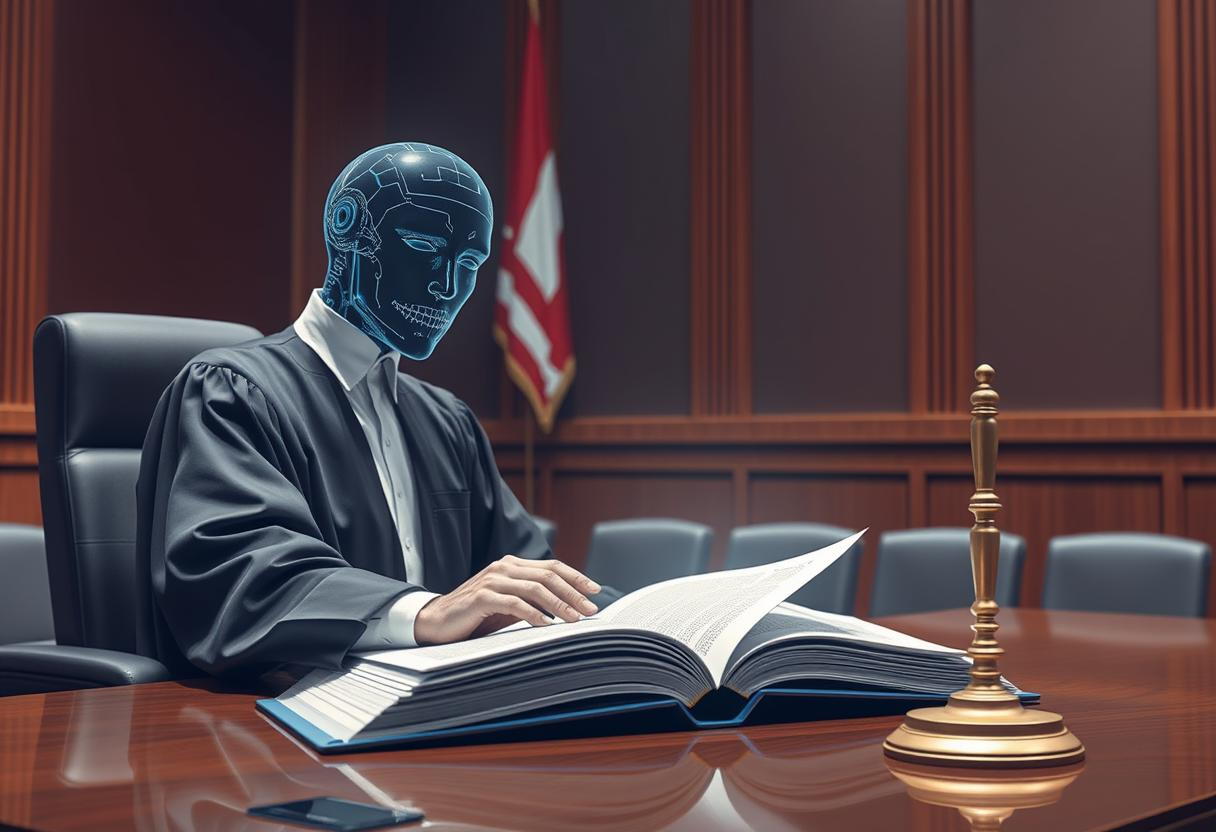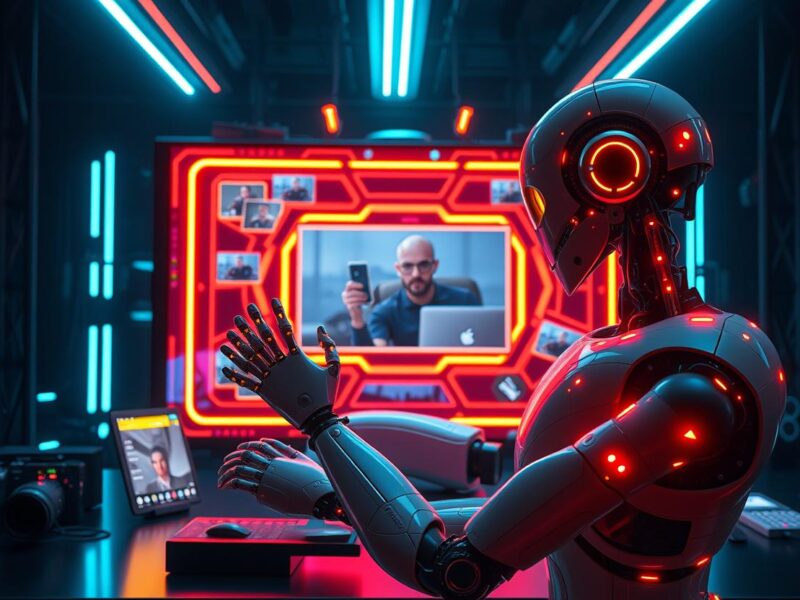A recent study has sparked debate by suggesting OpenAI’s AI models may have memorized copyrighted content during training. This raises significant questions about legal risks, project timelines, and ROI for companies leveraging similar technologies. 🚨
OpenAI faces lawsuits from authors and programmers alleging unauthorized use of their works. The company’s fair use defense is under scrutiny, highlighting a grey area in U.S. copyright law regarding AI training data. The study introduces a method to detect memorization, using high-surprisal words to test models like GPT-4 and GPT-3.5.
Findings indicate memorization of portions from fiction books and New York Times articles, suggesting potential legal and reputational risks. With OpenAI advocating for looser restrictions on copyrighted data, the balance between innovation and copyright protection remains contentious.
From a business standpoint, this underscores the need for transparency and auditability in AI development. As the industry evolves, companies must weigh the costs of potential litigation against the benefits of rapid AI advancement. Is there a market demand for more ethical AI training practices? The answer could shape future regulations and business models.


